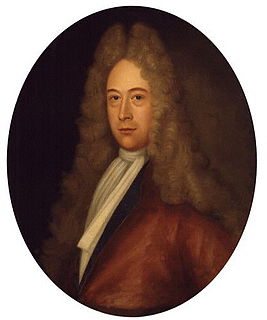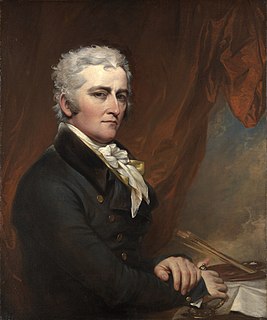A Quote by John of Kronstadt
We must by every means humble our hearts and subdue our proud intellect, lest we should be like the contemporaries of the prophets, who looked on them only as sweet-voiced singers, and nothing more; they did not wish to fulfill their commands, they even despised, persecuted, beat and killed them; lest we should be like those, by whom 'no prophet is accepted in his own country' (Lk. 4:24).
Related Quotes
Why do we not care to acknowledge them? The cattle, the body count. We still don't like to admit the war was even partly our fault because so many of our people died. A photograph on every mantlepiece. And all this mourning has veiled the truth. It's not so much lest we forget, as lest we remember. Because you should realise the Cenotaph and the Last Post and all that stuff is concerned, there's no better way of forgetting something than by commemorating it.
Prostrate on earth the bleeding warrior lies,
And Isr'el's beauty on the mountains dies.
How are the mighty fallen!
Hush'd be my sorrow, gently fall my tears,
Lest my sad tale should reach the alien's ears:
Bid Fame be dumb, and tremble to proclaim
In heathen Gath, or Ascalon, our shame
Lest proud Philistia, lest our haughty foe,
With impious scorn insult our solemn woe.
A king is a mortal god on earth, unto whom the living God hath lent his own name as a great honour; but withal told him, he should die like a man, lest he should be proud, and flatter himself that God hath with his name imparted unto him his nature also. JOHN LOCKE, "Of a King", The Conduct of the Understanding: Essays, Moral, Economical, and Political A king may be a tool, a thing of straw; but if he serves to frighten our enemies, and secure our property, it is well enough: a scarecrow is a thing of straw, but it protects the corn.
A man may act as proxy for his own relatives; the ordinances of the Gospel which were laid out before the foundations of the world have thus been fulfilled by them, and we may be baptized for those whom we have much friendship for; but it must first be revealed to the man of God, lest we should run too far.
But if thought is to become the possession of many, not the privilege of the few, we must have done with fear. It is fear that holds men back - fear lest their cherished beliefs should prove delusions, fear lest the institutions by which they live should prove harmful, fear lest they themselves should prove less worthy of respect than they have supposed themselves to be.
We are not built for the mountains and the dawns and aesthetic affinities, those are for moments of inspiration, that is all. We are built for the valley, for the ordinary stuff we are in, and that is where we have to prove our mettle. Spiritual selfishness always wants repeated moments on the mount. We feel we could talk like angels and live like angels, if only we could stay on the mount. The times of exaltation are exceptional, they have their meaning in our life with God, but we must beware lest our spiritual selfishness wants to make them the only time.










































